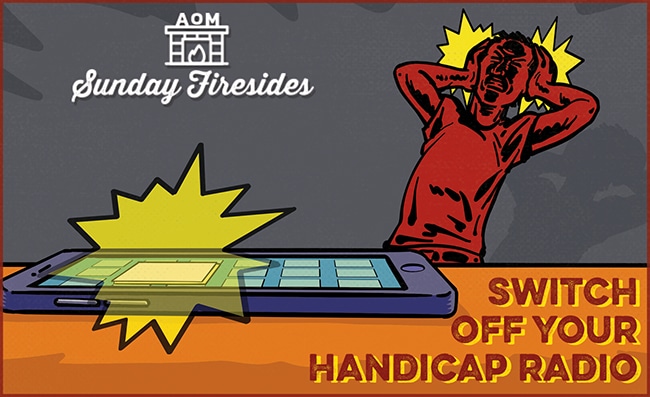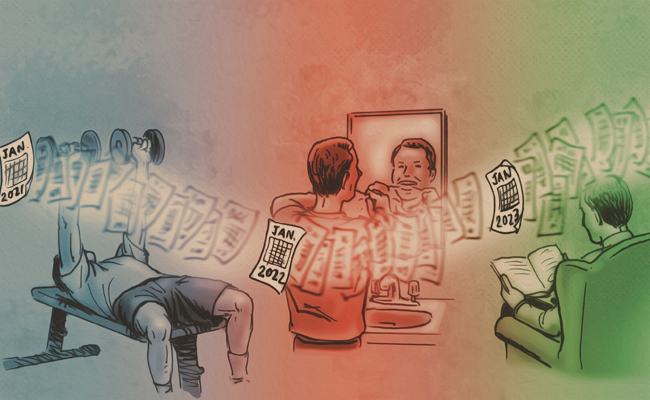
Kurt Vonnegut’s short story “Harrison Bergeron” imagines a time in which the government enforces the absolute physical and mental equality of all citizens. The beautiful must wear masks. The most graceful dancers are saddled with weights. The strong have bags of birdshot padlocked around their necks.
And the intelligent — like George Bergeron — are forced to wear “handicap radios” on their ears. At short, regular intervals, transmitters send out ever-novel, cranium-shaking noises which “keep people like George from taking unfair advantage of their brains.”
These constant disruptions prevent George from ever fully gathering his thoughts. Even when he sees his son shot to death on television, George can’t hold onto his grief; as soon as another shockwave of sound ripples through his head, he forgets what he’d been feeling.
While “Harrison Bergeron” conjures up what seems like a distant dystopian future, parts of its vision are a reality now. While we don’t wear government-issued transmitters, we have volitionally adopted a similarly disruptive technology.
At short, regular intervals, our phones scatter our thoughts, not always with a literal noise, but with an internal, yet equally forceful itch.
Work for two minutes; check your phone.
Talk with someone for two minutes; check your phone.
Read for two minutes; check your phone.
The most insidious thing about any kind of “handicap radio” is that they not only interrupt your thoughts in general; they also interrupt your thoughts about the interruption.
Before we can recall what life was like prior to these devices, before we can register how we feel about being part of the Great Leveling, another buzz, another itch, another scroll-scroll-scroll chases the impressions from our minds.
We sense there might be an above-average spark of genius on the other side of that two-minute window . . . if only we’d switch off our handicap radios long enough to find out.







